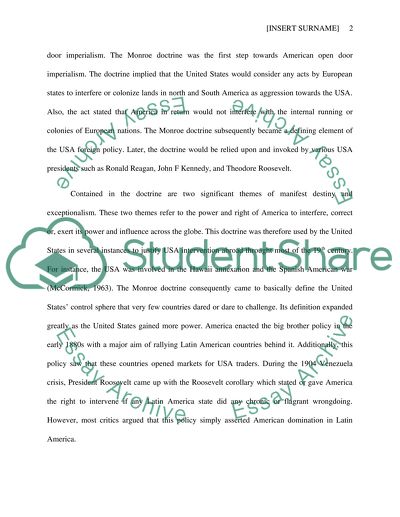Cite this document
(“Midterm Examination Essay Example | Topics and Well Written Essays - 1500 words”, n.d.)
Midterm Examination Essay Example | Topics and Well Written Essays - 1500 words. Retrieved from https://studentshare.org/history/1669774-midterm-examination
Midterm Examination Essay Example | Topics and Well Written Essays - 1500 words. Retrieved from https://studentshare.org/history/1669774-midterm-examination
(Midterm Examination Essay Example | Topics and Well Written Essays - 1500 Words)
Midterm Examination Essay Example | Topics and Well Written Essays - 1500 Words. https://studentshare.org/history/1669774-midterm-examination.
Midterm Examination Essay Example | Topics and Well Written Essays - 1500 Words. https://studentshare.org/history/1669774-midterm-examination.
“Midterm Examination Essay Example | Topics and Well Written Essays - 1500 Words”, n.d. https://studentshare.org/history/1669774-midterm-examination.


